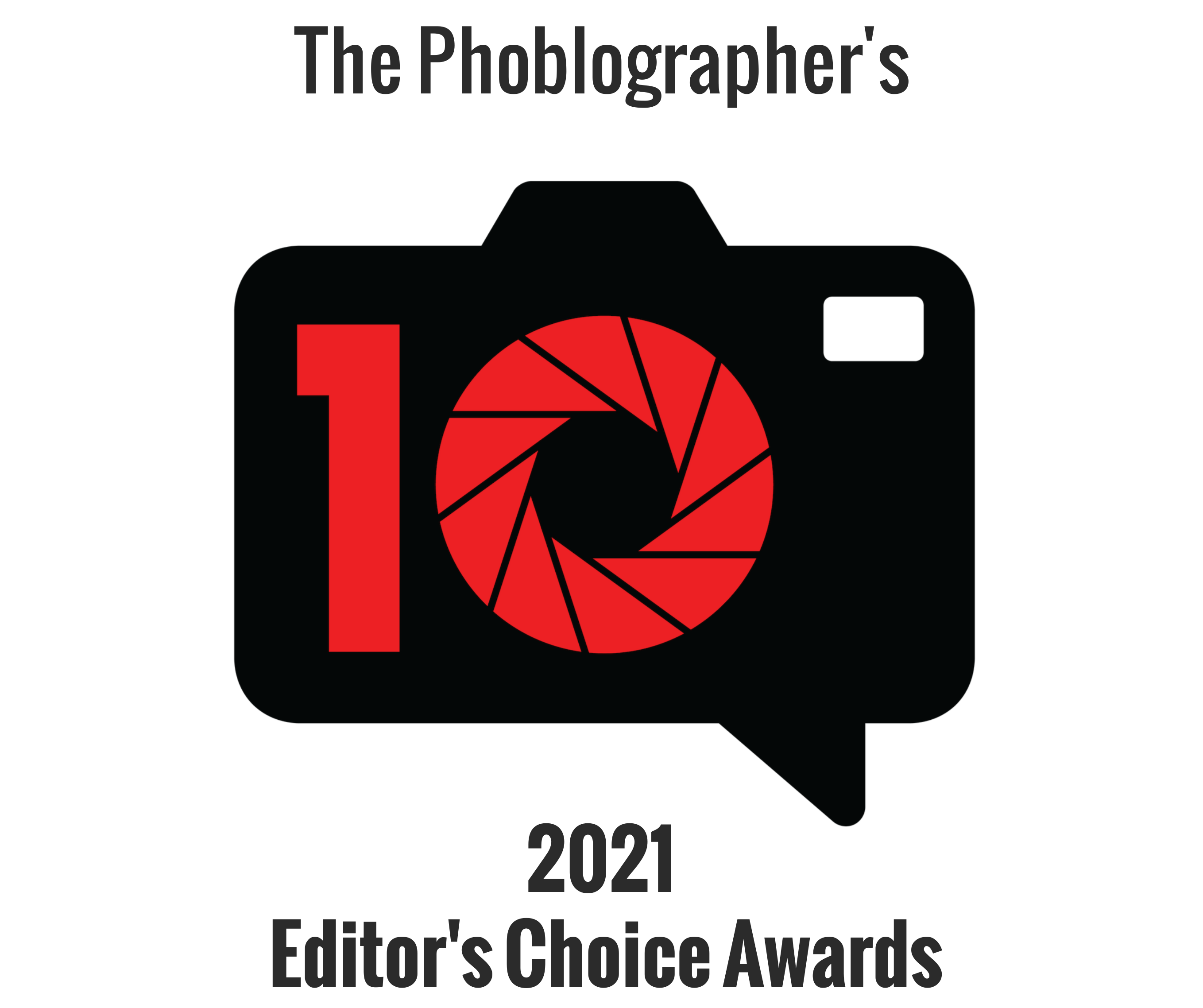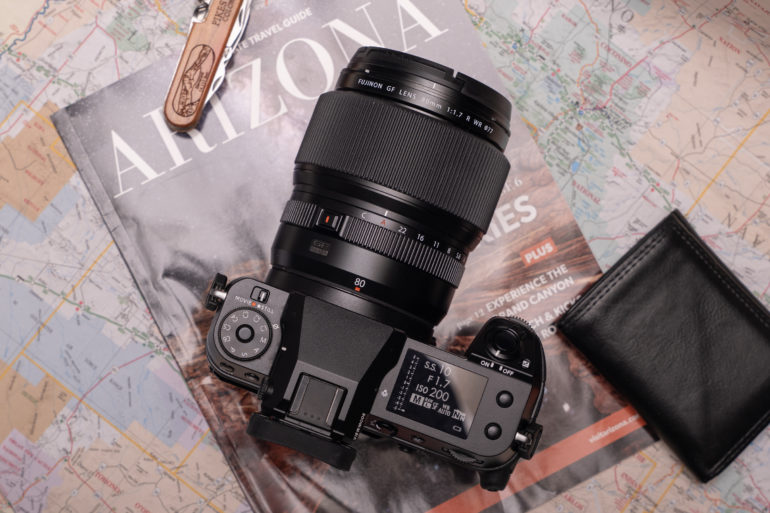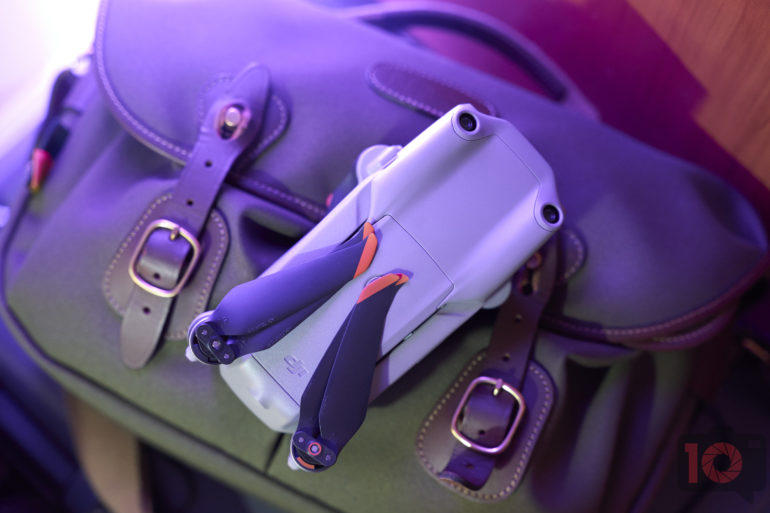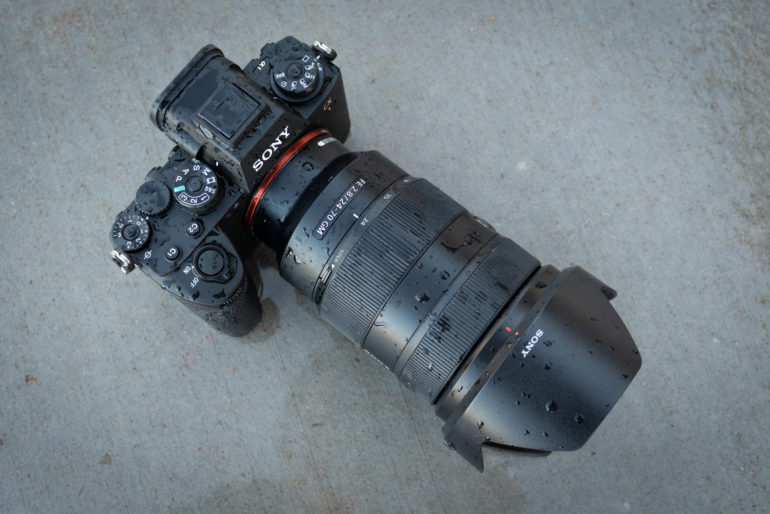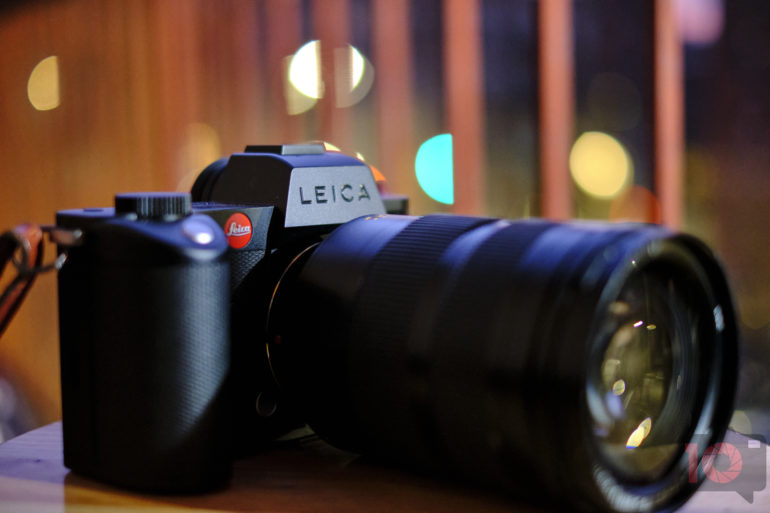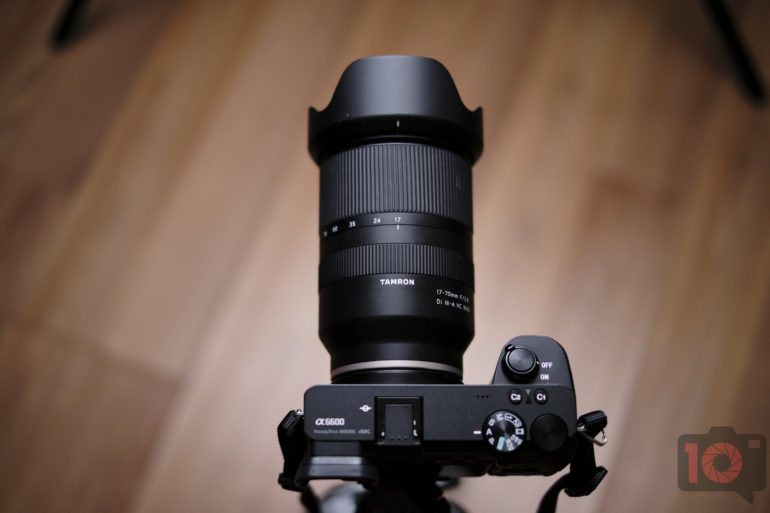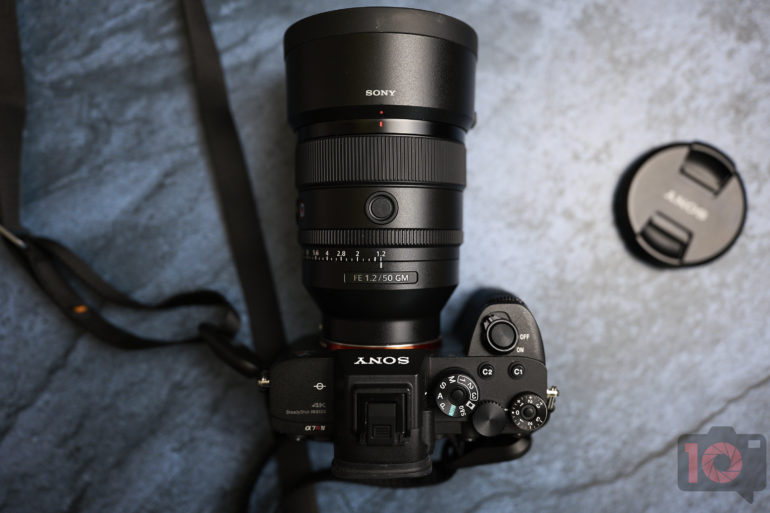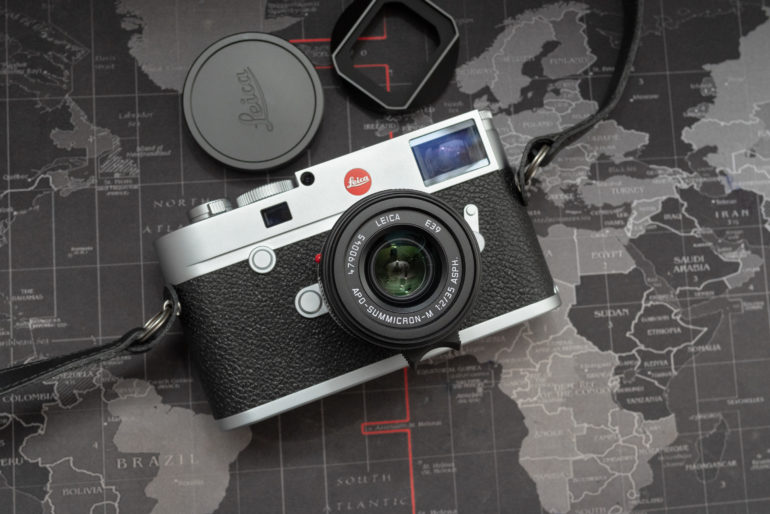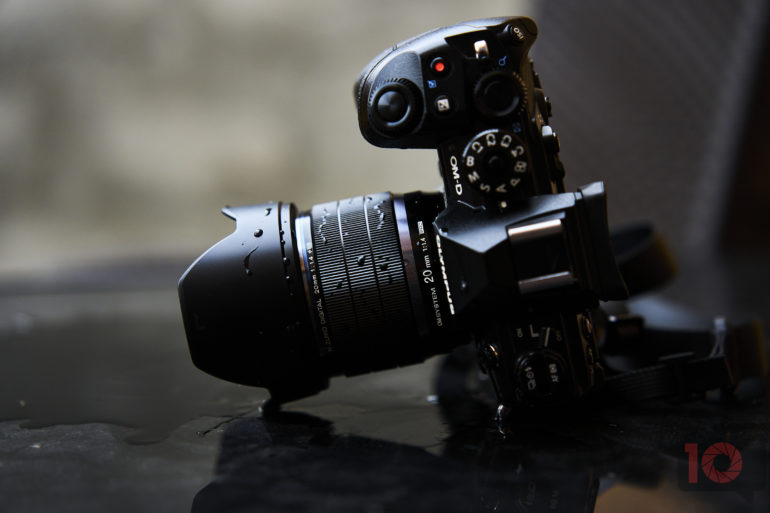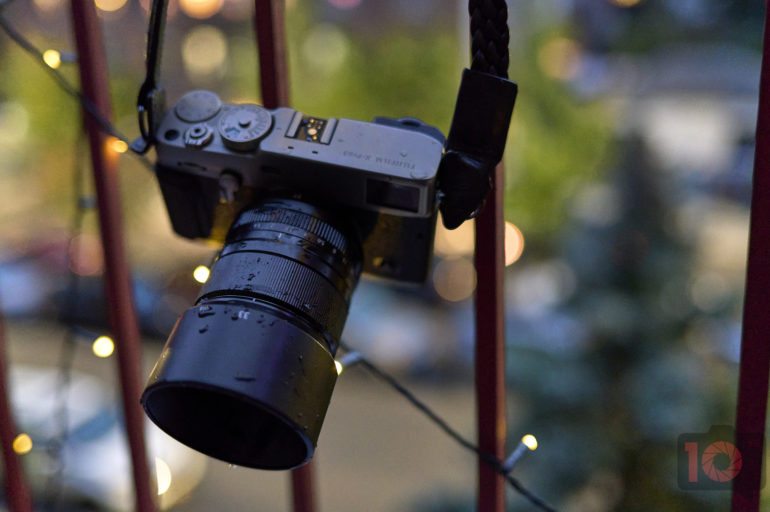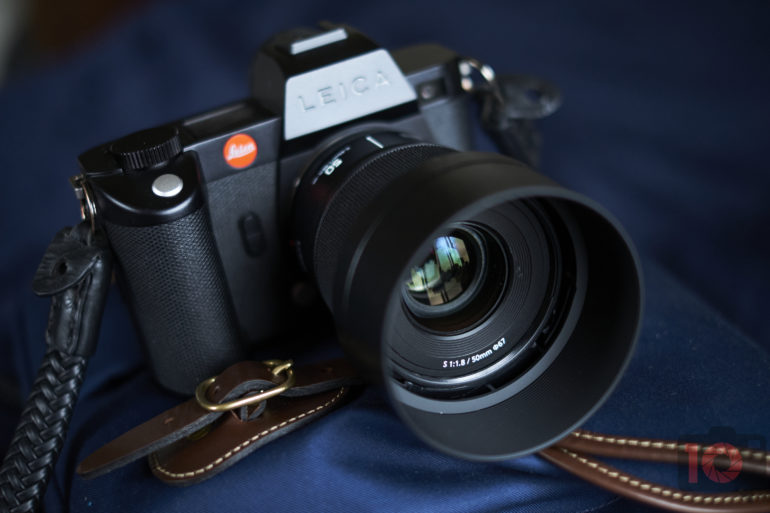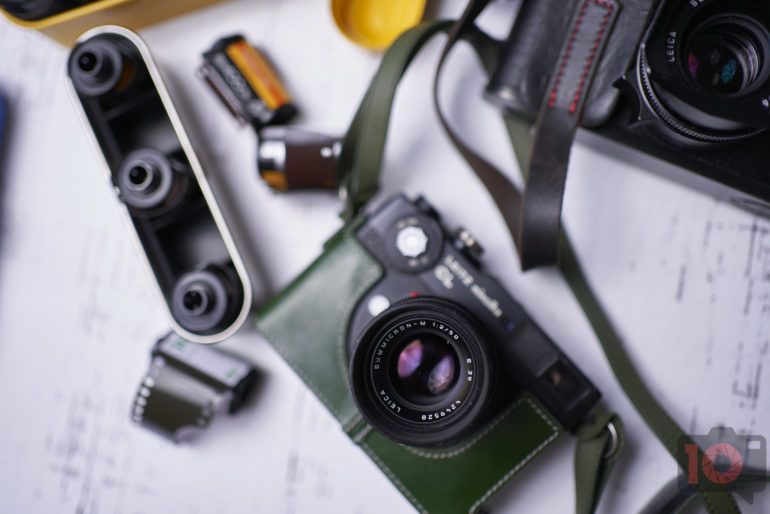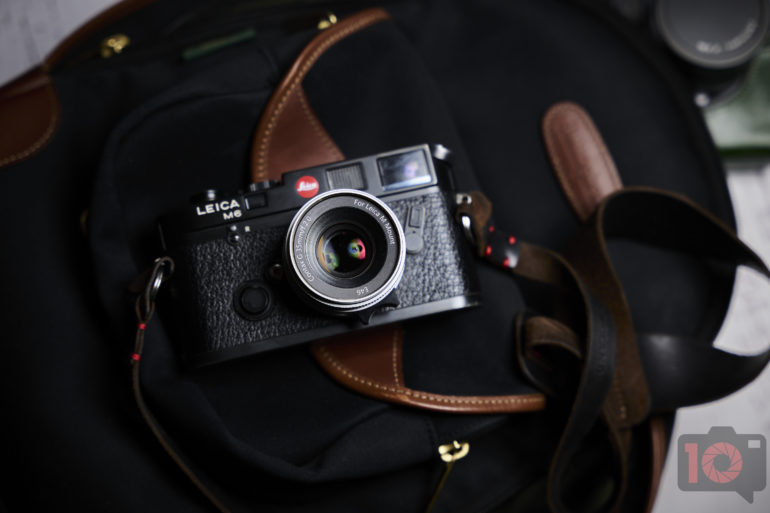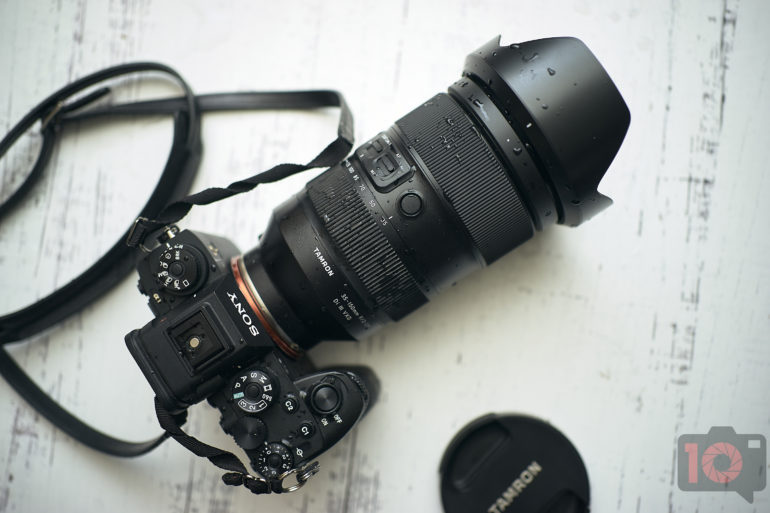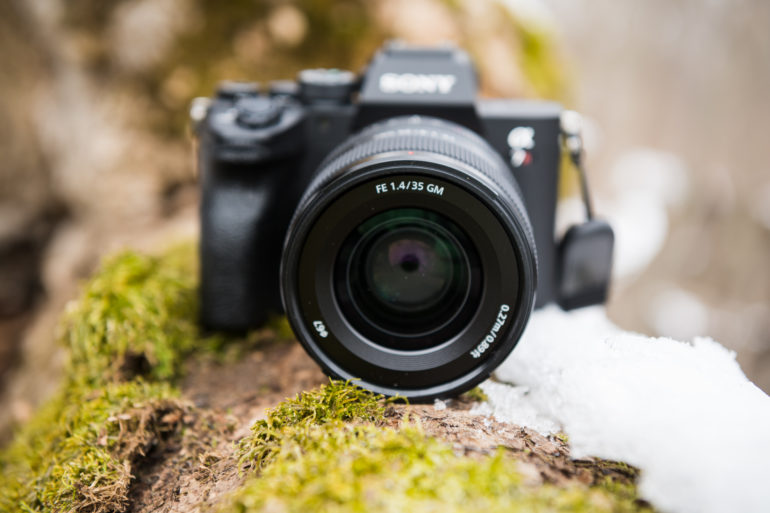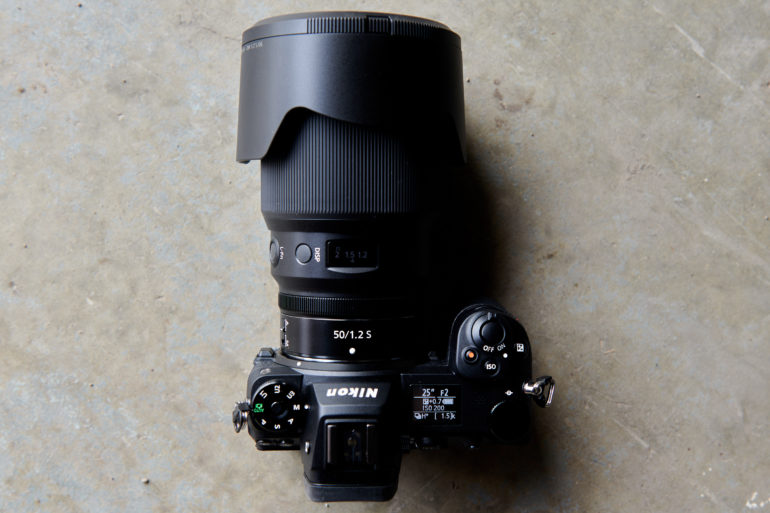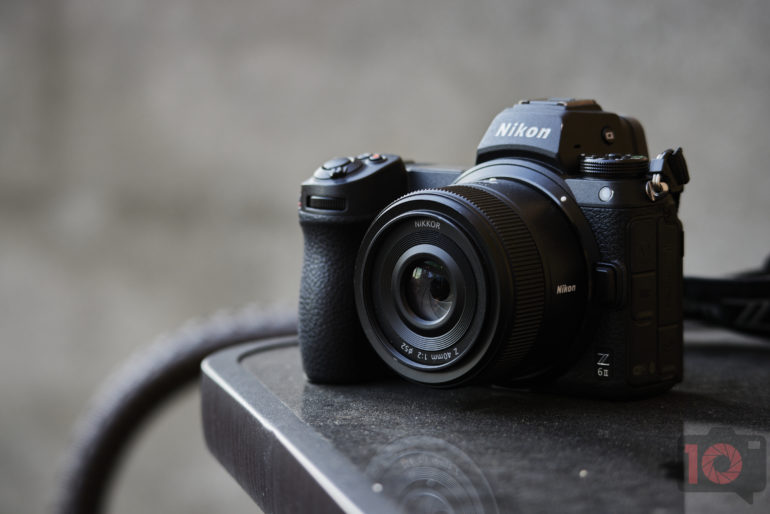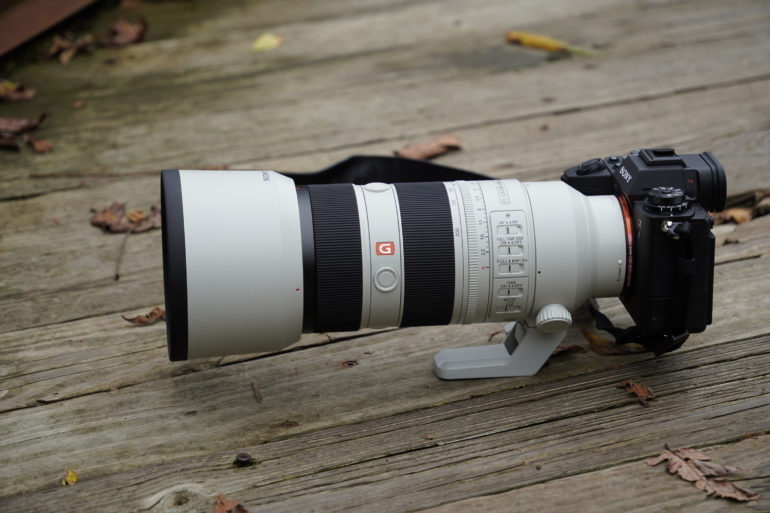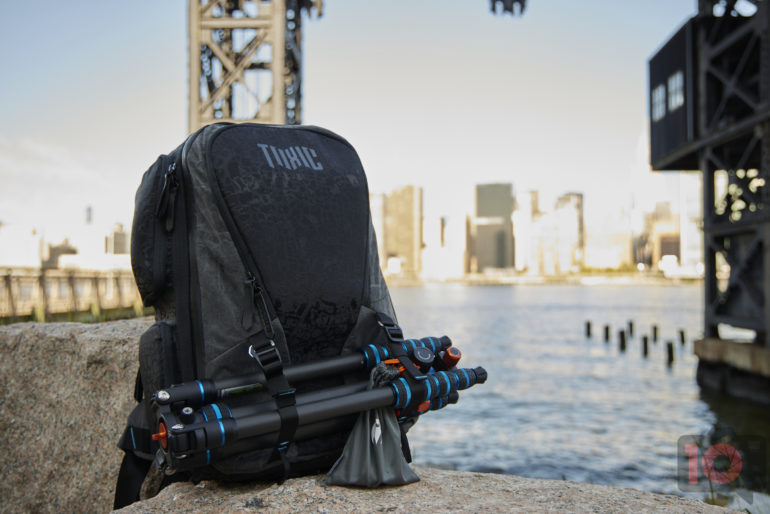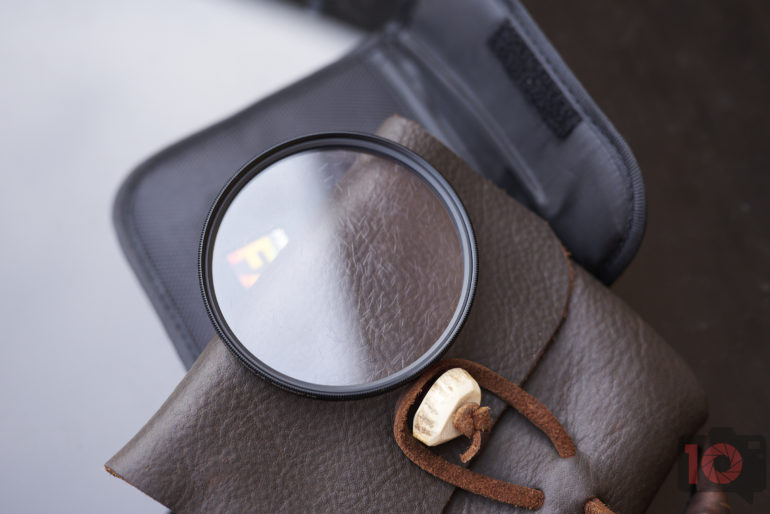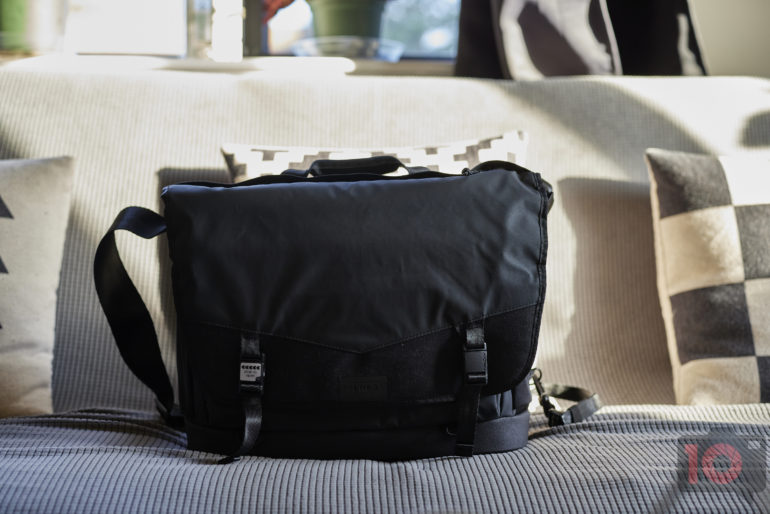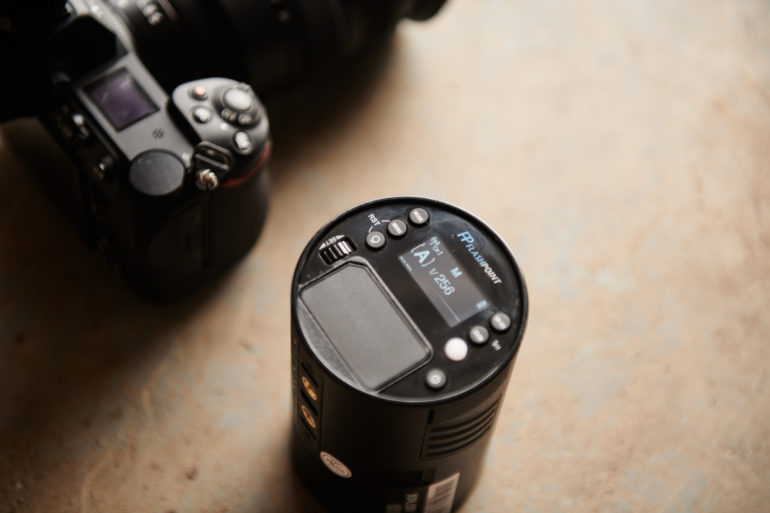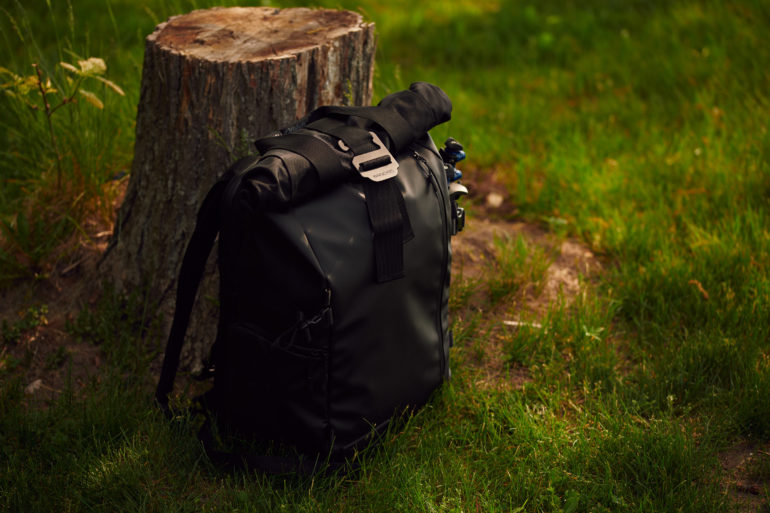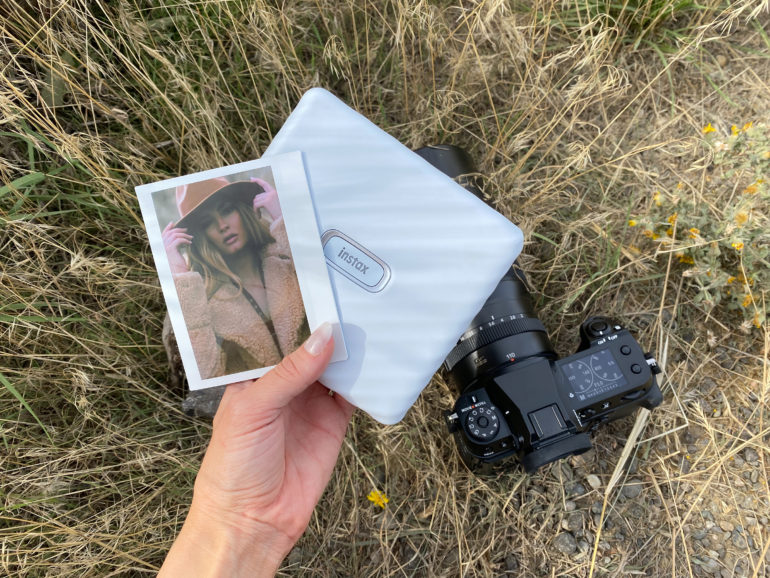Last Updated on 11/30/2021 by Chris Gampat
The year 2021 was fascinating for the photography tech world. Presented by loads of semi-conductor issues, the photo world took to doing what we’ve been asking for for years. They put out more firmware updates, produced more lenses, and gave longer life to some of the best cameras. In some ways, we hope that sustainability sticks around for years to come. It also meant that companies tried some things that they wouldn’t have done before. Their brave choices added a lot of sparkle to the current selection of products. So today, we’re rounding up the Editor’s Choice Awards for 2021. Here are the best cameras, the best lenses, and the best photo accessories of 2021.
The Phoblographer’s various product round-up features are done in-house. Our philosophy is simple; you wouldn’t read a Wagyu beef steak review from a lifelong vegetarian. And you wouldn’t get photography advice from someone who doesn’t touch the product. We only recommend gear we’ve fully reviewed. If you’re wondering why your favorite product didn’t make the cut, there’s a chance it’s on another list. If we haven’t reviewed it, we won’t recommend it. This method keeps our lists packed with industry-leading knowledge. Some of our stories include affiliate links. If you buy something through one of these links, we may earn an affiliate commission. Take a look at the best cameras, lenses, and accessories for 2021.

You can view this article and much more with minimal ads in our brand new app for iOS, iPadOS, and Android.
Table of Contents
The Best Cameras for 2021
2021 didn’t give us a ton of new cameras. But, those that came out were good in many regards. Some brands should just never make cameras. Others really worked to improve on their products through a lot of good changes. Some are just better than others and worth being called the best cameras. And we’ve changed our review format specifically to showcase this. Our reviews now include a section discussing any innovations a camera has. Sure, you might think your Sigma FP is one of the best cameras you’ve ever bought. But can it hold a candle to the Sony a1? We work with all the manufacturers to review the best cameras, and don’t have any brand loyalties. Everyone on staff is an independent journalist. This is ensured during our hiring process. This way, no one is obliged to say that the brand whom they’re on the payroll for is one of the best cameras. We find practices like that unethical. And we take choosing the best cameras very seriously.
Here are the best cameras of 2021 that we’ve tested.
Fujifilm GFX 100S
Our review concluded:
“The Fujifilm GFX100S is the culmination of many years worth of work from Fujifilm. The GFX50S and the 50R paved the way for mainstream Medium Format cameras. The GFX100 took things up notch or ten by introducing the 102 Megapixel sensor. Now, the GFX100S crams the best parts from each of those cameras into one, easy-to-manage camera. They gave it a ridiculously competitive price point as well. The ergonomics are great, and build quality is much improved over previous models. The sensor is fantastic and captures tons of detail, and it has oodles of dynamic range. The IBIS system beats most found in smaller Full-Frame camera bodies. Even the autofocus system is good. It’s not as fast as Full-Frame systems, but it’s plenty fast for a Medium Format camera.”
DJI Air 2S
Our review concluded:
“By all means, the DJI Air 2s is almost everything I’ve wanted for a long time now. I’m a city photographer. And I’ve only ever wanted a drone under 249 grams with RAW, a large sensor, and a real aperture. Of course, that’s the dream. But the DJI Air 2s is the closest acceptance of reality to what I want. For the passionate photographer, we finally have the drone we want. It delivers on versatility, build quality, image quality, and portability. Flying with it is such an incredibly fun experience. And overall, there isn’t a lot to complain about here. If you’ve ever perused Behance and fell in love with the drone photos there, then this is the one for you.“
Sony a1
Our review concluded:
“The Sony a1 is a revolutionary camera. It’s capable of incredible burst rates in RAW with autofocus. It does very well with high ISOs. The ergonomics and build quality are the best yet from a Sony camera. The EVF is excellent, and the autofocus system works like a charm for the most part. It’s a stunning camera. However, all of these great things come with a huge price. It’s $6,499.”
Leica SL2S
Our review concluded:
“By and large, the Leica SL2s is the most rugged camera on the market for a working journalist: there’s no question about that one. It’s incredibly reliable, and I know that I’d be able to use it in any weather or environmental situation. It feels good in the hand, you’re getting a solid menu system, the lenses are wonderful, and best of all, the high ISO images are super clean. Again, the Leica SL2s gave us the cleanest ISO 6400 prints from a 24MP full frame sensor we’ve seen so far. Personally speaking, this is a camera I’d want to have with me everywhere. The company is also going to continue to improve the camera with firmware. We’re excited to see what happens. In fact, the camera’s future may depend on it. Firmware 2.0 has mostly brought updates for video shooters, but there are some great things for photographers as well.”
The Best Lenses for 2021
Where a lot of the big changes came in with the photo world is with lenses. Lenses should’ve been pushed more from the start. But manufacturers often care more about pushing cameras. These specific lenses are incredible. And we remain committed to reviewing the most lenses of any photo publication. What’s more, we take everything out in the field and test it out ourselves the way you’d expect a photo publication to. Without further delay, here are the best lenses of 2021 that we tested.
Tamron 17-70mm f2.8 Di III-A VC RXD
Our review concluded:
“The Tamron 17-70mm F2.8 Di III-A VC RXD is the full-frame equivalent of a 26-105mm f2.8 lens. The depth of field will be around f4.2 in full-frame too. But the light gathering and true aperture will still be f2.8. This is the first time we’ve ever gotten a lens like this. Add onto this the vibration compensation, sharp optics, and weather sealing features. Then realize that it’s under $1,000. To me, this sounds like a no-brainer.”
Sony 50mm f1.2 G Master
Our review concluded:
“The Sony 50mm f1.2 G Master is a fantastic lens. The autofocus performance is quick and accurate in lots of cases. It will serve street photographers, portrait photographers, and any other professional or passionate photographer well. As we saw, it’s going to also stand up to the elements pretty well. Within the FE lens lineup, it’s the fastest aperture lens. It also has incredibly smooth bokeh, sharp optics, and decent color. Personally speaking, I like it more on the Sony a7r III. We don’t need more megapixels. In all my years, I’m shocked that I’m finding myself saying that.”
Leica 35mm f2 APO Summicron-M
Our review concluded:
“If someone asked me about a dream camera and lens combo, the M10-R and this lens combo would probably be it. I admit I have a soft spot for 35mm prime lenses. I use them whenever I get the chance, and I always enjoy shooting with them. The Leica APO Summicron 35mm f2 ASPH takes shooting with a 35mm lens to another level. You feel connected to it thanks to it being manual focus only. The images have fantastic qualities to them. Using the lens is a joy, thanks to how it feels in hand. The images it renders are so good straight from the camera that you don’t even have to edit them. The only downside is the lack of weather sealing. However, we know how tough Leica lenses are.”
OM System 20mm f1.4
Our review concluded:
“There isn’t any denying that I really like this lens. The OM System 20mm f1.4 has a lot going for it. It’s sharp, fast, boasts beautiful bokeh, has an IP-durability rating, and is small overall. What’s to not like? I think that street photographers will love this lens. However, they’re going to like it more if a weather-sealed Pen F ever comes out. In fact, if it does, this lens should be included as a kit option offering. The autofocus could be better, but I’m blaming Olympus cameras for that. Maybe when a new OM System camera hits the market, that could be fixed. Then there’s the price tag of $799.99. Is it worth it? Yes. But the current camera system leans heavily towards bird, wildlife, and landscape photographers. If Olympus shows that it wants to support the wedding, candid, and street photography crowds more, then they’ll have something extraordinary here.”
Fujifilm 33mm f1.4 LM R WR
Our review concluded:
“There’s a lot to love about the Fujifilm 33mm f1.4 R WR LM. For many photographers, it will most likely be their most used lens as the 50mm equivalent view is paramount. They can shoot everything with this lens: weddings, portraits, food, travel, fun stuff that passionate photographers do, etc. Photographers will adore the image quality along with the solid overall build quality. What’s more, they’ll be able to use it in incredibly tough weather conditions with ease. When they’re ready to put the camera away, it will keep your entire package pretty compact in your camera bag. All this for around $800 and you truly can’t go wrong.”
Panasonic 50mm f1.8 Lumix S
Our review concluded:
“The Panasonic 50mm f1.8 S is a pretty obvious choice for the Editor’s Choice Award. Panasonic has done what loads of manufacturers have refused to. They’ve made a 50mm f1.8 that’s under $500 and boasts all the bells and whistles possible. The only other weather-sealed 50mm f1.8 is from Nikon, which is more pricey for arguably worse performance. But Panasonic did it! This thing has everything. It focuses quickly for photojournalism work (but not necessarily for street photography with enough reliability). It’s weather-sealed and lightweight. And most of all, it delivers good image quality.”
Leica 50mm f2 Summicron-M
Our review concluded:
“This is a lens I’ve been asking many brands to create. Lots of modern lenses lack lens character and are overly sharp. They’re way too clinical. The Leica 50mm f2 Summicron M reminds us that there’s a lot more to a lens than image quality. There’s the small size. There is ergonomic handling and the overall experience. And of course, there’s the feeling that it gives you. You can sit there and scoff at a Leica, but I’d implore you to try one. Anyone that scoffs at a Leica without using them is like a vegetarian giving advice on the best carne asada. All I’ll say is that if you give it time, you’ll end up loving it. And indeed, this is probably my favorite lens in the Leica M lineup.”
Funleader Contax 35mm f2 Hack
Our review concluded:
“If you can’t already tell, I’m very head over heels for the Funleader Contax 35mm f2 G. It gives me everything I want. There’s nice bokeh, a sharpness that’s not relying on contrast, lens flare, and solid build quality. If I were very picky, I’d want weather sealing. But overall, I hope Funleader does this with other lenses. As they advance, I’d love them to make lenses in more mounts. This would be amazing in Sony E, Canon RF, or Fujifilm X mount. Autofocus would be nice but isn’t necessary. However, weather sealing, I think, is an essential part of build quality. A guy can only dream, though!”
Panasonic 70-300mm f4.5-5.6 Lumix S
Our review concluded:
“The Panasonic 70-300mm f4.5-5.6 has given the L mount a fantastic affordable telephoto lens that doesn’t disappoint. Images from this lens are sharp with great colors. There’s no evidence of distortion, vignetting, or chromatic aberration. Focusing is fast and accurate. The lens is also well built and has lots of weather sealing. At $1,249.99, it’s slightly more expensive than the Sigma 100-400mm f5.6-6.3 Contemporary ($949) and doesn’t have as much reach. However, having a slightly wider 70mm end is nice. The macro capability and better colors make up for the 100mm loss.”
Tamron 35-150mm f2-2.8 Di III VXD
Our review concluded:
“Tamron absolutely deserves the Editor’s Choice Award. The Tamron 35-150mm f2-2.8 Di III VXD is just an obvious selection here all around. The autofocus is fantastic, thanks to the fact that Sony owns part of Tamron. The image quality is unique enough while still also being more than satisfactory. There’s solid weather sealing, and Tamron even did the brave thing of putting a USB port on the lens. It feels good in the hands. It’s built solidly. It starts at f2 and ends at f2.8. But most importantly, it’s actually got a bunch of useful focal lengths. I can go from shooting a party or event to doing headshots with a single lens. I’ll get the best performance from it if I use a flash, and the exposure will be just as consistent. And honestly, I expect more professional photographers and passionate photographers to do just that. (TTL flash will win the day here; throw your L.E.D. lights away because they won’t do you justice.)”
Sony 35mm f1.4 G Master
Our review concluded:
“The Sony FE 35mm f1.4 GM is a joy to use, and the photos a joy to look at. I found little to complain about. The lightweight design is excellent; the de-click aperture ring a pleasure to spin. The weather-sealing handled some light snow. I love both the colors and sharpness of this lens, while distortions and flare are kept to a minimum.”
Nikon 50mm f1.2 Z
Our review concluded:
“I haven’t met a Z mount lens that didn’t take excellent images — and I’ve tried two-thirds of them. The Nikon Z 50mm f1.2 S follows that trend. Images are sharp but not too sharp. While technically excellent, the lens still allows for a bit of character. Color is excellent, and bokeh is dreamy.”
Nikon 40mm f2 Z
Our review concluded:
“The Nikon 40mm f2 Z is a pretty fantastic lens. In fact, it’s the closest thing to being both a nifty 50 and a first 35mm lens. Nikon’s move here was brilliant. On top of that, there’s the weather sealing and the fast autofocus. As the autofocus on their cameras improves and becomes more intelligent, this lens will just get better. In fact, I think Nikon should offer this lens as a kit option. Take the excellent image quality, impressive weather sealing, small size, and affordable pricing, and you’ve got a winner.”
Sony 70-200mm f2.8 OSS G Master II
Our review concluded:
“Photographers who picked the Sony system for sharp, technically beautiful images are going to love this lens. The images are sharp except for the last little bit at the edge. The colors are close to accurate. The autofocus can keep up with even the a9 in good lighting. The weather sealing and lighter weight also make the lens a joy to use. Plus, I really love that Sony added a dedicated aperture ring. The design, autofocus performance, and sharpness have noticeably improved over the original. Compatibility with Sony’s teleconverters will also add more versatility.”
The Best Photo Accessories for 2021
Of course, we can’t forget about accessories. In fact, we’ve reviewed the most out in the field of any surviving photo publication or any photography outlet, including YouTubers. And here’s the good stuff for 2021. Check out the best photo accessories of 2021 that we’ve reviewed.
Morally Toxic Valkyrie 25L
Our review concluded:
“I know that Reviews Editor Hillary Grigonis had a more challenging time with the messenger bag. But the Morally Toxic Valkyrie 25L is a far superior use of the company’s designs. First, it’s designed to accommodate various body types. Then there’s lots of organization. With all that organization, you can effectively balance out how comfortable the bag is. And perhaps that’s the biggest strength: the Morally Toxic Valkyrie 25L truly rivals the comfort of WANDRD and Tenba alike. Then consider that they’re using all sustainable materials.”
Kono Monolit 100
Our review concluded:
“What is special about KONO Monolit 100? There are a few ISO 100 black and white films on the market. And we’ve reviewed many of them. What this film does differently is offer smoother tonal render and grain while having the sharpness maintained. It’s an orthochromatic film. Lots of brands will remove all grain possible from ISO 100 film. But if you do that, then it just looks digital. Film shouldn’t be trying to mimic digital.”
PrismFX Radiant Filter
Our review concluded:
“I don’t understand why anyone would hate on this filter. The PrismFX Radiant filter is doing something camera manufacturers should’ve done in the first place. It’s letting us have organic lens flare. If you want to put that in using post-production, you have to spend a lot of money to get ones that look good: many of them clearly look fake. Lots of them also aren’t unique or fun. Conversely, if I wanted to get rid of this lens flare, it would be super simple to do so using Capture One or Lightroom. So, in my opinion, it’s better to have the effect instead. And if I really don’t want it, then I can eliminate it.”
Tenba DNA 16 Slim
Our review concluded:
“There isn’t a whole lot to not like about the Tenba DNA 16 Slim messenger bag. I wish that the bag came in leather and canvas. There’s the Cooper series for that, which I hope gets a nice update too. And the support strap needs a bit of work. But it solves the biggest problems with messenger bags: comfort. Messenger bags are bound to wear away on your back after a long time. They’ll surely throw off your shoulder alignment. But the support strap that goes around the waist remedies that problem. “
Flashpoint Xplor 100
Our review concluded:
“The Flashpoint Xplor 100 Pro is an excellent strobe for on-site photographers, particularly for portraits, weddings, and product photography. The size is as easy to bring along as a lens, and the rechargeable battery lasts long. Compatibility with Bowens brackets also means there’s plenty of ways to get great-shaped light. While beginners will need to spend some time with tutorials and playing with the different options, the price also makes the light accessible to photographers new to strobes.”
WANDRD PRVKE II
Our review concluded:
“I’m picky about camera bags. I’m one of the last millennials still using a DSLR (or so it seems), so I’m carrying lots of heavy gear on petite shoulders. But I really loved the updated Wandrd PRVKE II. It’s comfortable, versatile, durable, and still looks great. I can fit a ton of gear in this bag; the roll-top is really like having a second backpack for non-camera gear.”
Fujifilm Instax Link Wide
Our review concluded:
“Fujifilm has yet another great product on its hands. I would love to see them add their film simulations to the optional filters within the app. This is sure to be a popular product. Both professional photographers and enthusiasts will have a blast with the Instax Wide Link.”


